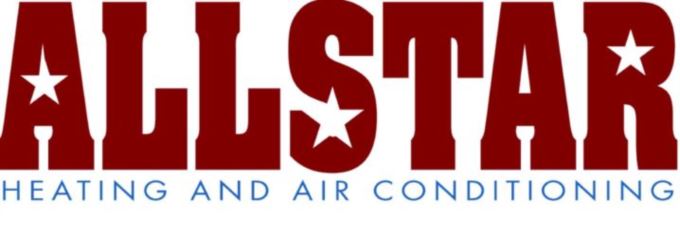
To avoid rising energy costs and work toward a more sustainable life, many homeowners are trying new methods to maintain comfort levels while using less energy. Included in the Inflation Reduction Act, federal tax credits are available for high efficiency HVAC equipment. These credits offer a big chunk of the installation costs, as long as the homeowners work with qualifying equipment and submit the right paperwork.
If you’re trying to avoid a long process, we’re offering to help! Allstar Heating & Air Conditioning hopes this guide will give you everything you need to earn these HVAC tax credits in 2024. Here’s how.
Understanding the HVAC Tax Credits
These valuable tax credits for energy-efficient home improvements are just one intended use of the recent Inflation Reduction Act. Energy costs affect everyone, so helping homeowners upgrade to higher efficiency utilities can benefit everyone. The main intention of these credits is to mitigate costs associated with installation and renovation projects. The two we’ll cover are the Residential Clean Energy Credit and the Energy Efficiency Home Improvement Credit.
But remember, to claim your credits, you’ll need to fill out IRS Form 5695. Additionally, this form has to be submitted for the same tax year your upgrades were installed, not bought.
Maximizing Savings with the Energy Efficiency Home Improvement Credit
Through 2032, the Energy Efficiency Home Improvement credit empowers homeowners by offsetting up to $3,200 annually for energy-efficient home upgrades. This equals 30% of the total project’s cost. You should be aware that in order to be eligible for the maximum amount, it involves making different investments. For example, you’ll save up to $2,000 for installing a higher efficiency heat pump. This can be paired with an additional $1,200 in credits for more projects in the tax year.
While new heat pump installation projects are a popular option for the tax credit, other HVAC upgrades like efficient furnaces and air conditioners also qualify. You’ll need to confirm the make and model’s energy efficiency rating is high enough for eligibility.
Residential Clean Energy Credit
The Residential Clean Energy Credit amounts to roughly 30% savings on a wide range of residential clean energy efficiency projects. Eligibility only applies to homeowners seeking to update existing or newly constructed homes. While the Home Improvement Credit focuses on utilities and HVAC systems, this credit targets renewable energy sources like solar and wind energy.
Some specific items in this tax credit include the requirement that installation must occur between 2022 and 2032. But at the same time, homeowners can use any excess credit to reduce taxes in future years. This is a great way to soften the entry into investing in clean energy.
What Else Is Eligible for These Tax Credits?
Because HVAC systems are one of the major reasons for high energy bills, these tax credits offer more access to the most energy-efficient options. But home energy efficiency can be improved in many other ways. Apart from the previously listed HVAC upgrades, {you could also choose|other eligible items include|you also have access to:
- Heat pump water heaters
- Electrical panel upgrades
- Upgraded electrical wiring
- Enhancements to insulation, air sealing, and ventilation
- High-efficiency electric stoves, cooktops, ranges or ovens
- Efficient heat pump clothes drying solutions
- High-efficiency water boilers
Just like with installing one or more HVAC systems, you’ll need to check that your preferred make and model features the required energy efficiency ratings.
Maximizing Your 2024 HVAC Tax Credits: Top 3 Tips
While any of these upgrades can boost home energy efficiency, some planning ahead will ensure the best chance at more long-term benefits. Get the most from your HVAC tax credits with the following three tips:
- Perform an energy audit to pinpoint valuable enhancements. Trust experienced HVAC companies to pinpoint essential products and services.
- Improve your home's thermal efficiency with better windows and doors.
- Explore potential rebates from utility companies for clean energy upgrades. Renewable sources like solar, wind, and geothermal contribute to community power grid sustainability.
- Remember to consider financing plans offered by service providers.
Allstar Heating & Air Conditioning Can Help You Secure HVAC Credits for 2024
Partner with local HVAC professionals like Allstar Heating & Air Conditioning for eligible serves like energy assessments or new installation. Our seasoned installers know how to provide all you need for home energy efficiency upgrades.
